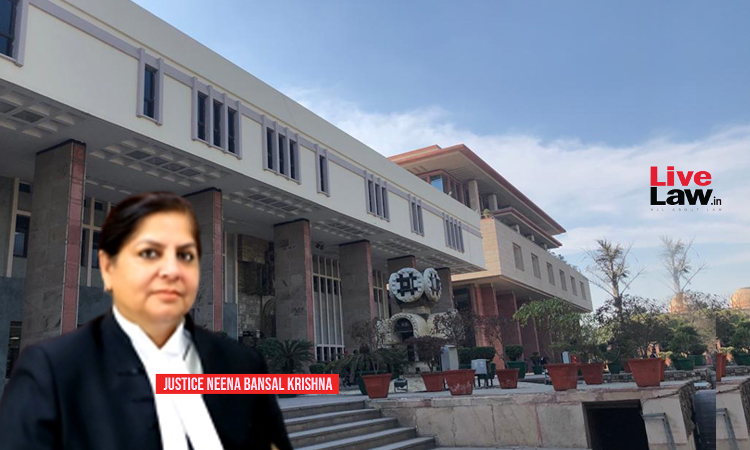The Delhi High Court bench of Justice Neena Bansal Krishna held the period during which the parties were bona fide negotiating towards an amicable settlement may be excluded for the purpose of computing the period of limitation for reference to Arbitration under the Arbitration and Conciliation Act, 1996.The bench held that in such cases, the entire negotiation history between the parties must...

